Chinese scientists have developed a granule that could potentially treat Alzheimer's disease, according to a study published in the academic journal Nature Aging on Thursday.
The team, led by Xu Chuanlai, a professor at Jiangnan University in Wuxi, Jiangsu province, developed the granule using the property of chirality in physics. Chirality describes how a structure can't be superimposed on its mirror image, just like one's left and right hands.
"The chirality leads to some distinct features of medicines, as those made by the same content may display distinct activity due to different chirality features," said Kuang Hua, a professor at the university who co-authored the paper.
Lab rats infected with Alzheimer's disease showed significant improvement in behavior after ingesting the granule, which possesses left-handed chirality, the paper said. The rats' brain slices also displayed a nearly 90 percent drop in neuroinflammation factors.
After transplanting the gut microbiota of the granule-treated rats to other Alzheimer's-infected ones, the team discovered that the latter's cognitive functions also showed signs of recovery.
Using isotope marking, the team found that the granule, after entering the rats' gut, facilitated the metabolizing of tryptophan — an amino acid essential to life — into indoleacetic acid (IAA), which is able to enter the brain via the gut-brain axis to alleviate the inflammation in the brain and recover some functions of the brain neurons, the research said.
The team added that the density of the IAA among serums and brain fluids of people with Alzheimer's disease is significantly lower than those healthy people of the similar age group, suggesting the role that IAA played in combating the disease.
"Since people have been unable to find a medicine that can beat Alzheimer's disease completely, the research offered a potential route for treatment in degenerative diseases such as Alzheimer's disease," Xu said.
















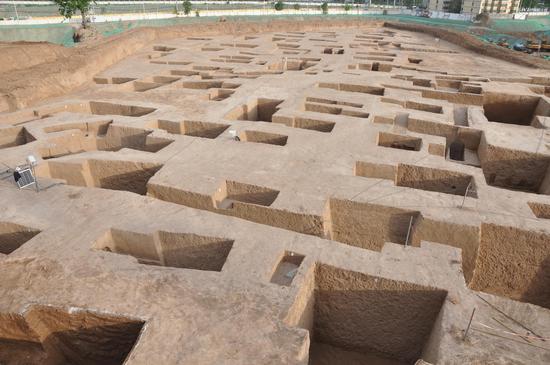


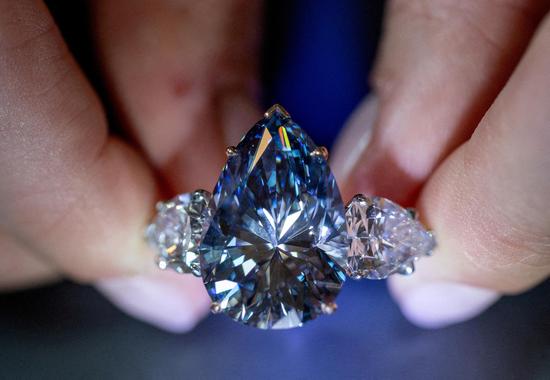





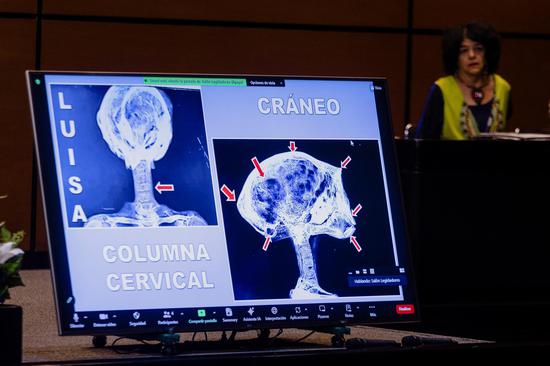




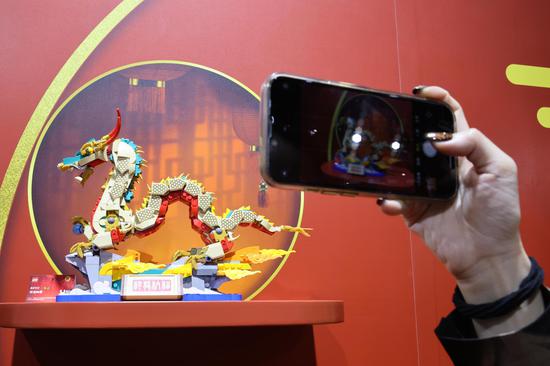


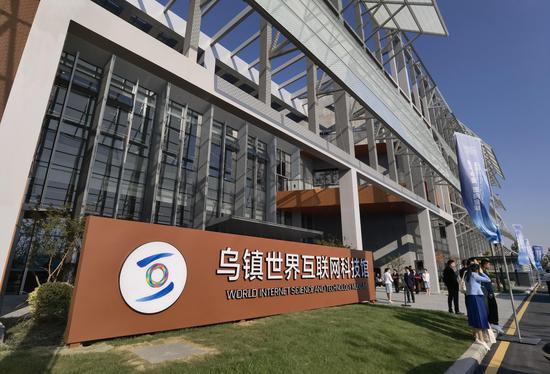
















 京公网安备 11010202009201号
京公网安备 11010202009201号